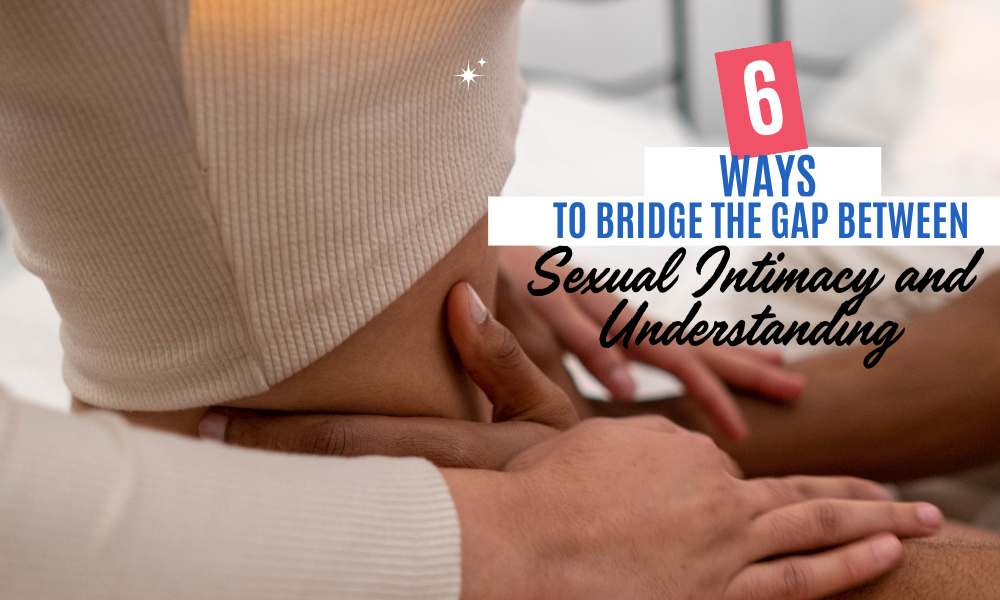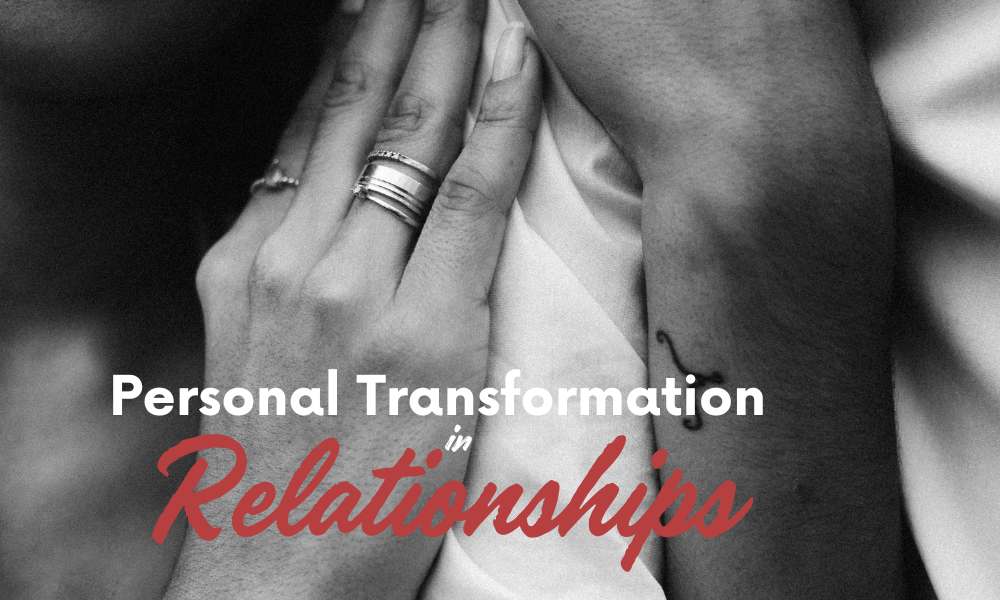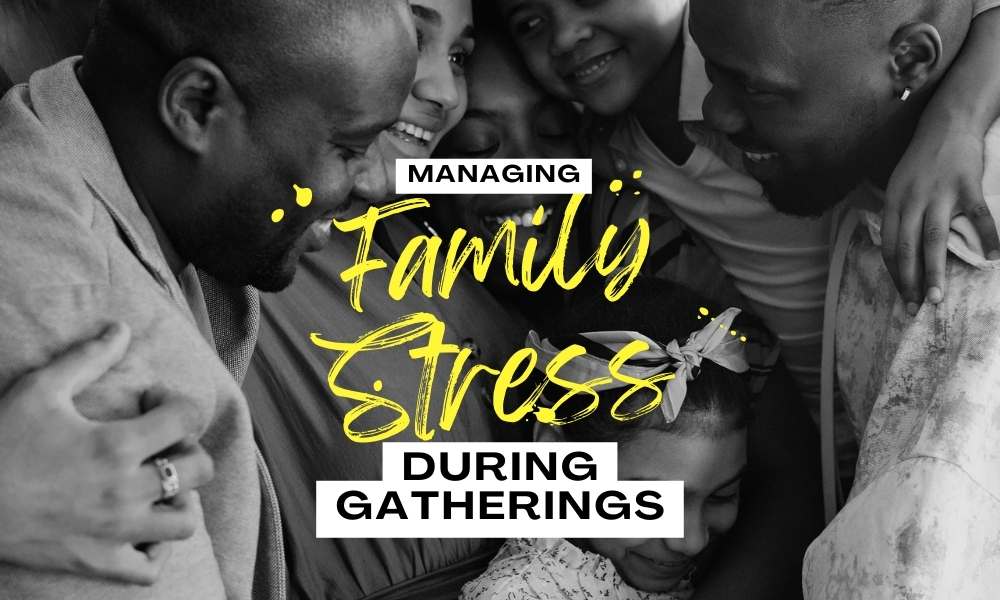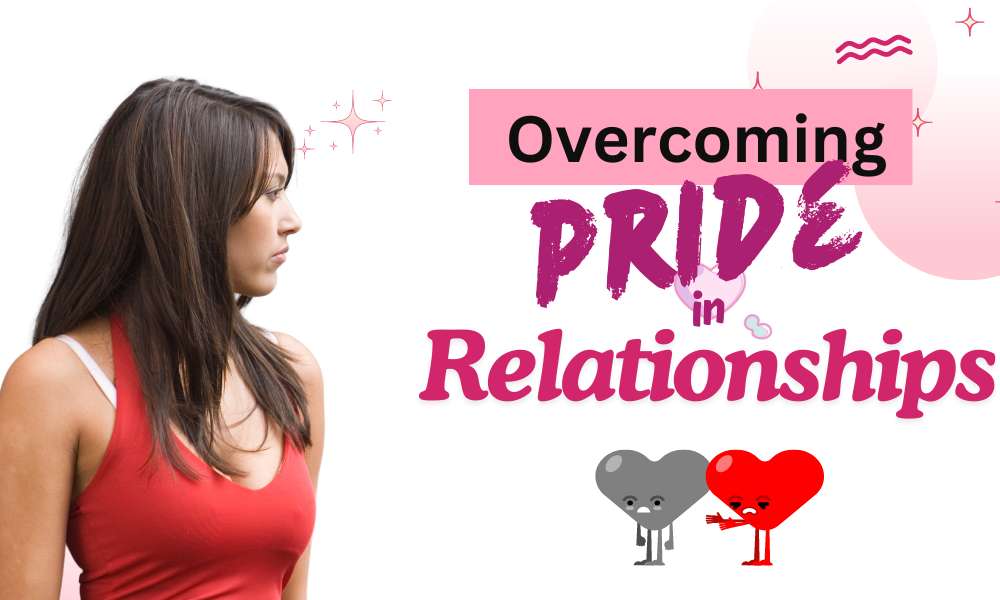Are you seeking ways to enhance sexual intimacy and mutual understanding in your relationship? Bridging the gap in sexual intimacy involves open communication, understanding each other’s needs, and exploring new experiences together. This article provides six effective strategies to cultivate a deeper and more fulfilling connection with your partner.
Sexual Intimacy is a Vital Component of Any Healthy Relationship
Sexual intimacy is a vital component of any healthy relationship, yet it can often be a source of tension and confusion between partners. To cultivate a deep and fulfilling connection with your partner, it is essential to bridge the gap in sexual intimacy and understanding. By fostering open communication, mutual respect, and a willingness to explore each other’s desires and boundaries, you can create a strong foundation for a satisfying and harmonious sexual relationship.
In this article, we will explore six effective ways to enhance sexual intimacy and understanding with your partner. These strategies are designed to help you navigate the complexities of sexual intimacy with grace and confidence, ultimately leading to a deeper connection and greater satisfaction in your relationship. Whether you want to reignite the spark in a long-term partnership or improve communication and understanding in a new relationship, these tips will provide the tools to cultivate a healthy and fulfilling sexual connection with your partner.
Understand Your Partner’s Needs and Desires

To foster a deeper level of sexual intimacy in your relationship, it is imperative to delve into understanding your partner’s needs and desires comprehensively. This involves actively listening to their thoughts, concerns, and preferences without judgment. Engage in open and honest communication to create a safe space where both partners feel comfortable expressing their desires. Acknowledging and respecting your partner’s needs and desires can bridge the intimacy gap and strengthen your relationship. Take the time to explore and appreciate each other’s perspectives, as this mutual understanding forms the foundation for a fulfilling and harmonious marriage.
Communicate Openly About Sexual Desires
When it comes to enriching your sexual intimacy and deepening your relationship understanding, one crucial aspect is openly communicating about your sexual desires. By engaging in candid discussions regarding your preferences, fantasies, and boundaries with your partner, you create a platform for mutual understanding and growth. Communicating openly about sexual desires not only fosters a sense of trust and emotional connection but also allows both partners to explore new avenues of pleasure and satisfaction. By prioritizing transparent communication in this aspect of your relationship, you can bridge the intimacy gap and enhance the overall quality of your marriage.
Seek Professional Relationship Counseling Together
It is important to recognize that sometimes, despite your best efforts, there may be barriers to bridging the intimacy gap and fostering a deeper understanding of the understanding of the relationship. Seeking professional relationship counselling together can be a beneficial step towards addressing these challenges.
A trained counsellor can provide a neutral and supportive environment where both partners can freely express their thoughts and feelings. Through guided discussions and therapeutic interventions, you can gain valuable insights into your relationship dynamics, communication patterns, and areas for improvement.
Professional counselling offers a structured approach to addressing underlying issues, enhancing emotional connection, and strengthening the foundation of your relationship. Embracing this form of support demonstrates a commitment to nurturing sexual intimacy and building a healthy partnership. It also provides valuable marriage tips to navigate challenges effectively.
Practice Active Listening During Discussions

During discussions, it is crucial to engage in active listening to enhance your communication skills and deepen your understanding of each other’s perspectives. Active listening involves hearing what your partner is saying and showing genuine interest, empathy, and attention to their words and emotions.
By practising active listening, you demonstrate respect for your partner’s thoughts and feelings, fostering a more meaningful connection. This approach can help bridge the intimacy gap by creating a safe space for open and honest dialogue, promoting trust, and strengthening emotional bonds. Embracing active listening during discussions can lead to improved communication, conflict resolution, and overall relationship understanding, offering valuable insights into each other’s needs and desires in the journey to enhance sexual intimacy and create a more fulfilling partnership.
Prioritize Emotional Connection in Intimacy
When fostering emotional connection in intimacy, it is essential to prioritize understanding your partner’s emotional needs and expressing your own clearly and empathetically. By prioritizing emotional connection, you pave the way for deeper intimacy and trust within your relationship.
Acknowledging and respecting each other’s emotions helps create a strong foundation for open and honest communication, leading to a more fulfilling and harmonious partnership. Cultivating emotional intimacy can enhance your sexual relationship, bringing you closer together and strengthening the bond that forms the cornerstone of a lasting marriage. Prioritizing emotional connection in intimacy is a vital aspect of bridging the gap in sexual intimacy and understanding, offering a pathway to greater closeness and fulfilment in your relationship.
Explore New Sexual Experiences Together
To further enhance your sexual intimacy and deepen your relationship understanding, embarking on a journey to explore new sexual experiences together can bring excitement and novelty to your marriage. From trying different positions and techniques to introducing adult toys or role-playing scenarios, exploring new avenues of physical intimacy can reignite passion and strengthen the bond between partners.
By stepping outside your comfort zones together, you can foster a sense of adventure and playfulness in your relationship, leading to enhanced communication and connection. Embracing new sexual experiences as a couple can be an enriching way to bridge the gap in sexual intimacy, offering fresh perspectives and shared moments of intimacy that can strengthen the foundation of your marriage and reignite the spark in your relationship.
Respect Boundaries and Consent Always
Fostering healthy sexual intimacy and nurturing a deeper understanding within your relationship also involves prioritizing respect for boundaries and consent. Recognizing and honouring each other’s limits and preferences forms the cornerstone of a safe and trusting environment for intimate interactions.
By openly communicating about boundaries and seeking mutual consent before engaging in any form of intimacy, you establish a foundation of respect and trust that strengthens the emotional connection between partners. Respecting boundaries and prioritizing consent not only cultivates a culture of safety and empowerment within your marriage but also reinforces the importance of mutual respect and understanding, fostering a harmonious and fulfilling relationship.
Work on Building Trust Together

Establishing trust within a relationship is crucial for fostering emotional intimacy and deepening the connection between partners. Transparency, honesty, and consistency are key components in building trust together. Transparency involves open communication about thoughts, feelings, and needs, allowing both partners to feel heard and understood.
Honesty forms the basis of trust, creating a sense of reliability and authenticity within the relationship. Consistency in actions and words builds reliability and predictability, reassuring your partner of your commitment and integrity. By working collaboratively to cultivate trust, you strengthen the foundation of your relationship, enhancing mutual understanding and intimacy in your marriage.
As you navigate the delicate realm of sexual intimacy with your partner, it is vital to remember that communication is key. By openly discussing your desires, boundaries, and concerns, you can create a safe and understanding environment for exploring each other’s needs. Additionally, educating yourselves on each other’s bodies and preferences can lead to a more satisfying and fulfilling physical connection.
Remember, building a strong foundation of trust and empathy is essential to bridging the gap in sexual intimacy and fostering a deeper understanding of each other’s desires. So, embrace this journey of discovery with an open heart and mind, and watch as your relationship blossoms into a more intimate and connected union.
Conclusion
In conclusion, fostering a deeper connection in sexual intimacy requires effort and understanding. By openly discussing desires, respecting boundaries, and exploring new experiences together, couples can build a more intimate and satisfying relationship. Embrace these strategies and watch your relationship flourish.
Ready to Enhance Your Sexual Intimacy?
By implementing these effective strategies, take the first step towards a more fulfilling and intimate relationship with your partner. Prioritize open communication and mutual understanding to bridge the gap in your sexual intimacy.






































